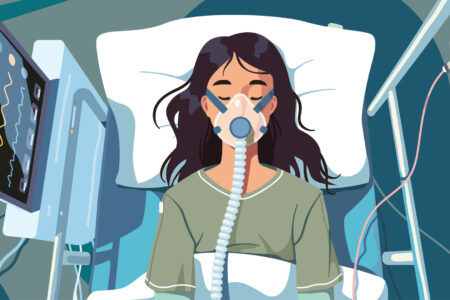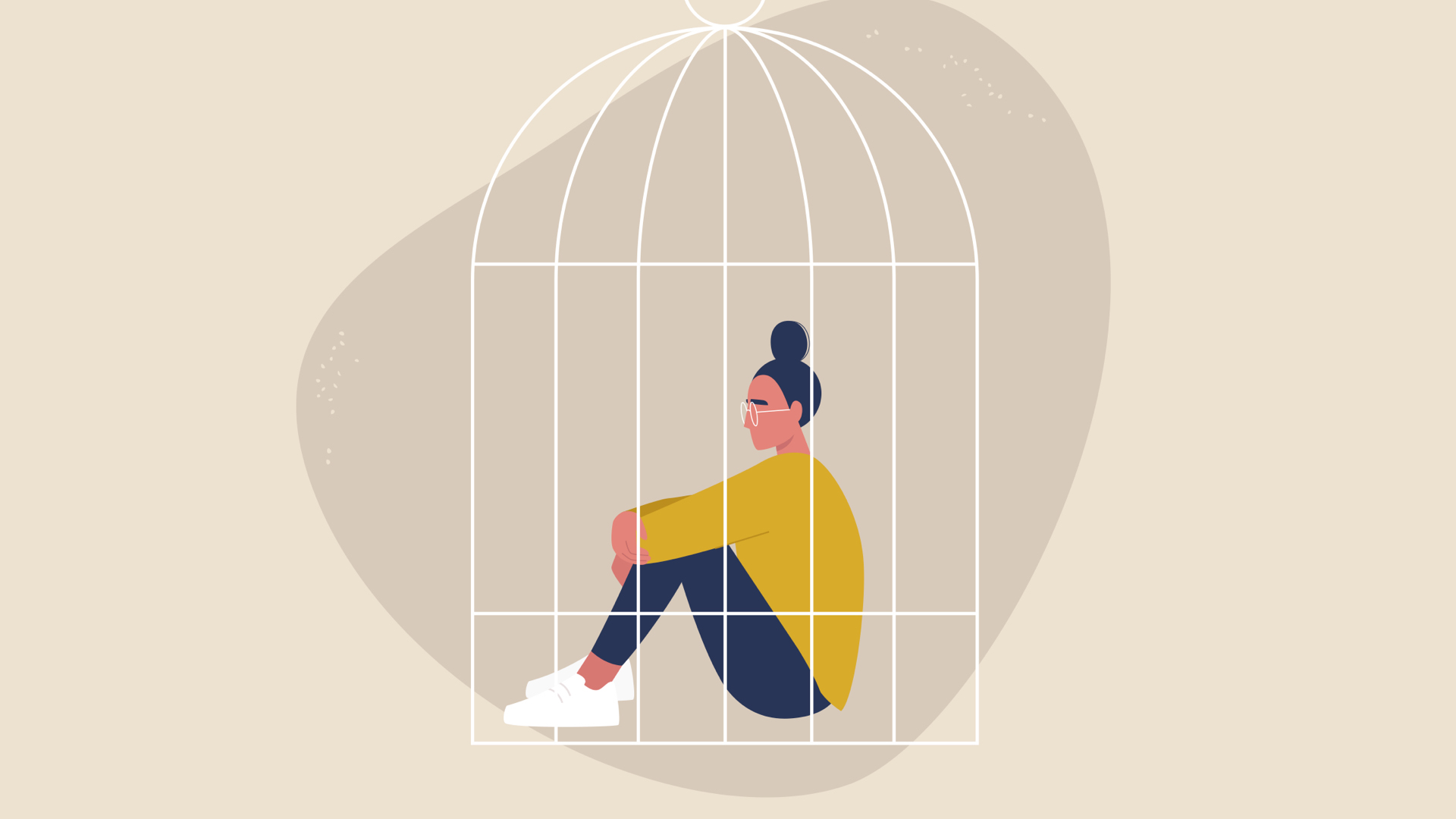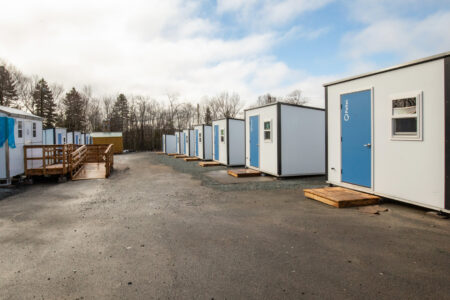
Economic abuse is a problem that often goes unnoticed across Canada. It is a form of domestic violence that hides behind a wall of taboo, culture and lack of awareness.
It is also likely to be one answer to the question of why victims “don’t just leave.” They often cannot afford to. A lack of financial resources is one of the main reasons why victims stay in abusive relationships or return to them.
Policymakers have started to recognize this abuse, which coercively controls and limits someone’s economic independence. Abusive partners can prevent victims from having their own money or account; make big financial decisions without them; or build debt under their names, hindering their access to employment and scaring them into staying quiet about money.
Financial abuse and economic abuse are often used interchangeably but are different in scope. While the former limits monetary resources, the latter includes a broader range of behaviour, including economic control, economic exploitation and employment sabotage.
A research study conducted in the Greater Ottawa region by the Canadian Center for Women’s Empowerment has revealed the effects of economic abuse. Some 93 per cent of victims lacked access to their own money. Many only received cash allowances and had to account for money spent. As well, 86 per cent of respondents were ordered to quit work, which led to further isolation and financial dependence.
Economic abuse doesn’t end when a victim leaves and, if not addressed quickly, harmful consequences can continue.
Abusive partners can misuse money or build up debt in victims’ names – either through force, threat or without their knowledge – a practice known as coerced debt. Victims are held accountable and thus pay the price for abuse long after separation. They may have to declare bankruptcy and, due to a low credit score, cannot secure small loans, get credit or rent an apartment, which forces them to return to the abusive partner.
Canada’s gender-based violence prevention strategy
Gender-equal cabinets have done little so far for women and girls living with male violence
The taboo surrounding money and violence makes things even worse. With domestic violence already hidden, finances get pushed further into the shadows due to a societal stigma around discussing money. This makes it more challenging for victims to seek help or share their experiences.
While anybody can experience economic abuse, women from poorer socioeconomic backgrounds, Indigenous, racialized, gender-diverse and otherwise marginalized communities are at much higher risk.
Economic abuse is deeply rooted in societal structures and power imbalances, such as gender inequality and economic injustice. This is reinforced by gender norms and magnified by patriarchy, racism, colonialism and capitalism, where (usually white) men hold disproportionate control over financial resources.
Victims face disbelief, discrimination and retraumatization from courts, financial institutions and social services. The current housing crisis, rising food costs, lack of child care and challenges in untangling joint bank accounts make it even harder to break free.
When victims are economically dependent on their abuser, socially isolated and in debt, they often cannot afford to leave or are forced to return to a violent relationship. Shortly before and after separation is the most dangerous time for victims, according to Ontario’s femicide statistics. Yet, it takes, on average, seven attempts before a victim can leave for good, as the current system fails to protect them. Some women never even get the chance to try to leave.
Economic empowerment for prevention of gender-based violence
It is crucial to include economic empowerment in federal, provincial and territorial gender-based violence strategies to help survivors regain control over their lives and finances.
In its 2022 report on intimate partner and family violence, the federal status-of-women committee recommended that the government develop a comprehensive strategy to address financial and economic abuse.
In 2023, the Canadian Center for Women’s Empowerment released a financial scorecard on economic abuse that revealed the urgency of government intervention. The scorecard ranked provinces and territories by evaluating the existence of policies that address economic abuse and their effectiveness. British Columbia scored the highest with an abysmal 36 per cent compared with the national average of a meagre 17.8 per cent.
The federal national action plan to end gender-based violence outlined a road map for provinces and territories. That led to agreements that give those jurisdictions the opportunity to address economic abuse in their strategies against gender-based violence. Economic security and safety are important for preventing and leaving violence, as well as stopping the cycle of poverty and abuse, as recent studies have highlighted.
Building on these recent actions, further policy changes to help end economic abuse could include:
- Collecting economic abuse data: Existing Statistics Canada data on domestic violence does not include economic abuse. This information is crucial to understand the scope, nature and impact of such abuse and to respond effectively.
- Broadening the definition of economic abuse: The government’s gender-based violence glossary states financial abuse occurs when an individual uses money, assets or property to control or exploit another individual. This definition does not cover the extent of abusive tactics. A broader definition is needed so that policy responses can better prevent economic abuse in all its forms.
- Declaring an awareness day: A petition calling for a National Economic Abuse Awareness Day on Nov. 26 is set to be tabled for discussion in the House of Commons sometime in the next few weeks. It would help put the issue in the public eye, acknowledge the experience of survivors and reduce stigma and taboos surrounding economic abuse.
- Amending banking policies: In its current review, the Financial Consumer Agency of Canada should make victims eligible for no-cost bank accounts.
- Expanding an intersectional gender-focused approach to the federal national housing strategy.
At the provincial and territorial level, governments could consider:
- Allocating funding for quick financial recovery after abuse: This would help make sure victims and their children are not forced to return to violence and can regain control over their lives and finances.
- Financing affordable-housing programs, improving tenant protection and increasing shelter capacity: This would ensure access to safe short- and long-term shelter and housing for women and their children fleeing abuse.
- Addressing coerced debt: Ontario’s Bill 41 addresses this issue as it pertains to human trafficking. Broader legislation is needed to include survivors of domestic violence to ensure they are not held accountable for debt incurred as a result of abuse. A 2022 California state law on such debt could be a model.
- Expanding social, financial and legal counselling for survivors and their children: Services must be accessible, trauma-informed and focused on survivors to help quick recovery.
By broadening and adding to existing strategies to prevent gender-based violence, governments can help victim-survivors and their children break the cycle of poverty and abuse.










